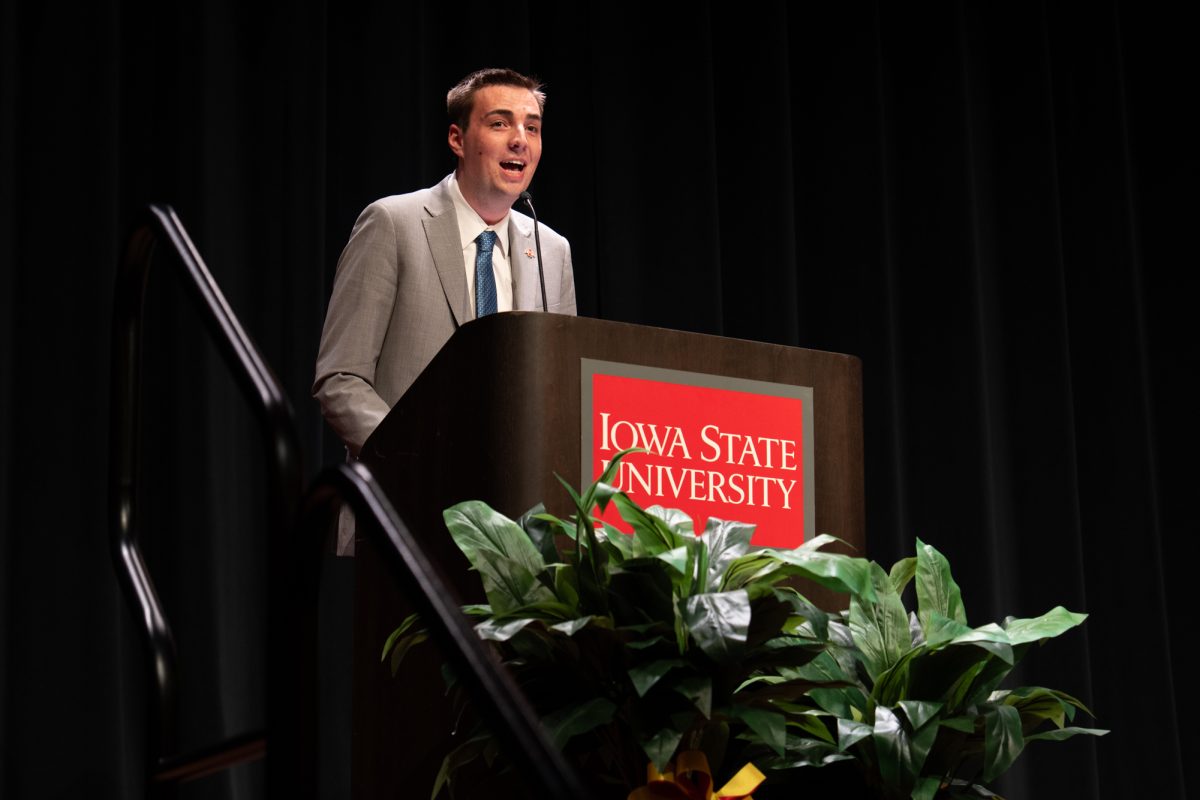VIEWPOINTS: Rules should be suspended in emergency situations
March 8, 2010
I grew up in Cali, Colombia, where earthquakes were an annual event.
We sit right on the major fault line running from Chile to Panama down the coast. The tectonic plates scraped, got stuck and then suddenly slid again to make up for their lost time — an inch a year average — and then Cali shook like salsa band maracas.
I loved that life: the jungle, the sultry heat of the tropics, the waving palms and the great Merecumbe music.
Most of the quakes were small. A few were honking big, but nothing like the one that hit Chile on Feb. 27. That one was a top-five ever in recorded history and 500 times stronger than the one that hit Haiti.
Each time the ground shook, we would head out on the street.
One of the quakes caught me downtown at my dad’s optical store. It was big, and after evacuating all his customers and employees my dad locked the store and we went into the big Plaza Caicedo — a wide open space where you at least felt a little safer from falling debris.
I remember looking at three skyscrapers. One was the Banco de La Republica and you could see the building separate from the one next to it. Bricks and debris fell down that chasm, then it swayed back again, smacked into the other building and then separated again. I was fascinated.
Chile is one of the most educated, developed and literate countries in Latin America.
It’s experience with earthquakes and high level of development coupled with clean government — for the most part — is helpful.
It means the earthquake-resistant building codes have actually been enforced. It means the military and first responders are well paid, highly trained and among the best in the world.
The economic stability and budget surpluses Chile has enjoyed also mean Chile can handle much of the earthquake crisis, but these events are so big, outside help will be welcome.
Earthquakes have the effect of making you feel small and helpless. It is hard to believe the force behind them, and they come as quickly as a tornado, with no real warning. The animals sometimes act strangely, as was the case with our huge parrot, but they often act strangely not just with earthquakes.
One time there was a huge tarantula walking around the house that freaked the parrot out.
This feeling of the majesty of nature over humans stays with you for the rest of your life. It’s branded into the flight part of your DNA response system.
In the apartment where we lived in New York City, on the west side almost over the Subway, there would sometimes be a suddenly dull rumble and a shaking. I always turned white and wanted to flee outside. I never really got used to it. As I said, my instinct from Colombia was just too strong.
Did anyone else besides me notice that the president of Chile; the president-elect; the Minister of Education; Minister of Emergency Response; the head of the military, fire and rescue; and others were on the air, in command and in action within literally minutes of the quake?
Do you also remember that the president of Haiti was nowhere to be found — I saw an article that he is still wandering around like a zombie.
Part of being a developed, educated and middle-class country is that your governmental bureaucracy and political leadership is there instantly, and ready to command as well as reassure. Sorry, Rush Limbaugh, when there is a crisis we don’t run to Walmart or Bear Stearns.
I noticed Gov. Chet Culver was soundly criticized — especially in Carroll County — when the snow and ice storms recently cut power while the governor was in Washington, D.C., and then made one very lukewarm visit to the afflicted. It’s in times like these government becomes either the ally of people or gets in the way.
I also heard Chilean President Michelle Bachelet saying she was issuing an emergency declaration so the bureaucracy would not get in the way of quick and decisive action.
Maybe we should learn a lesson from that. In an emergency situation, the rules need to be quickly suspended so we can act decisively and without filling out all those forms.
If only Mayor Ray Nagin of New Orleans and Gov. Kathleen Blanco of Louisiana had done so during Hurricane Katrina, fewer would have died. Remember, it was the rules of who’s in charge that actually slowed down the federal response.
You can quote General Russel L. Honore, the hero of New Orleans, on that one.
Steffen Schmidt is a professor of political science and chief political correspondent for www.insideriowa.com





